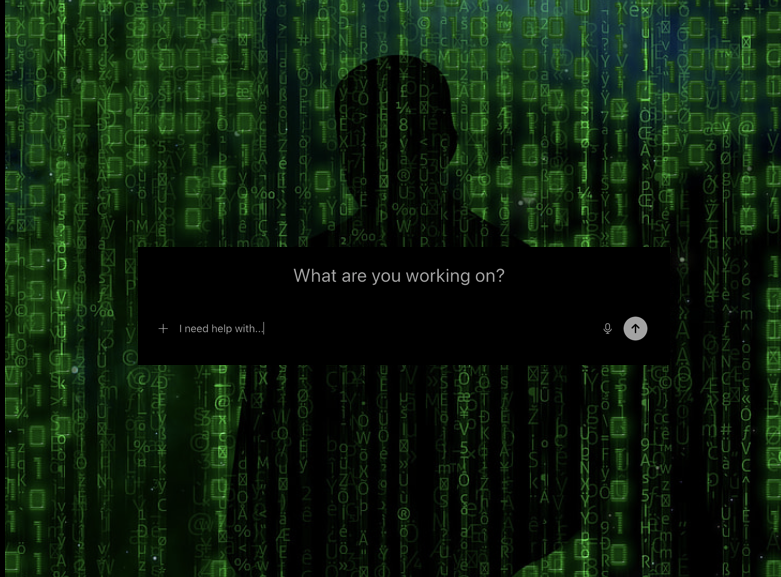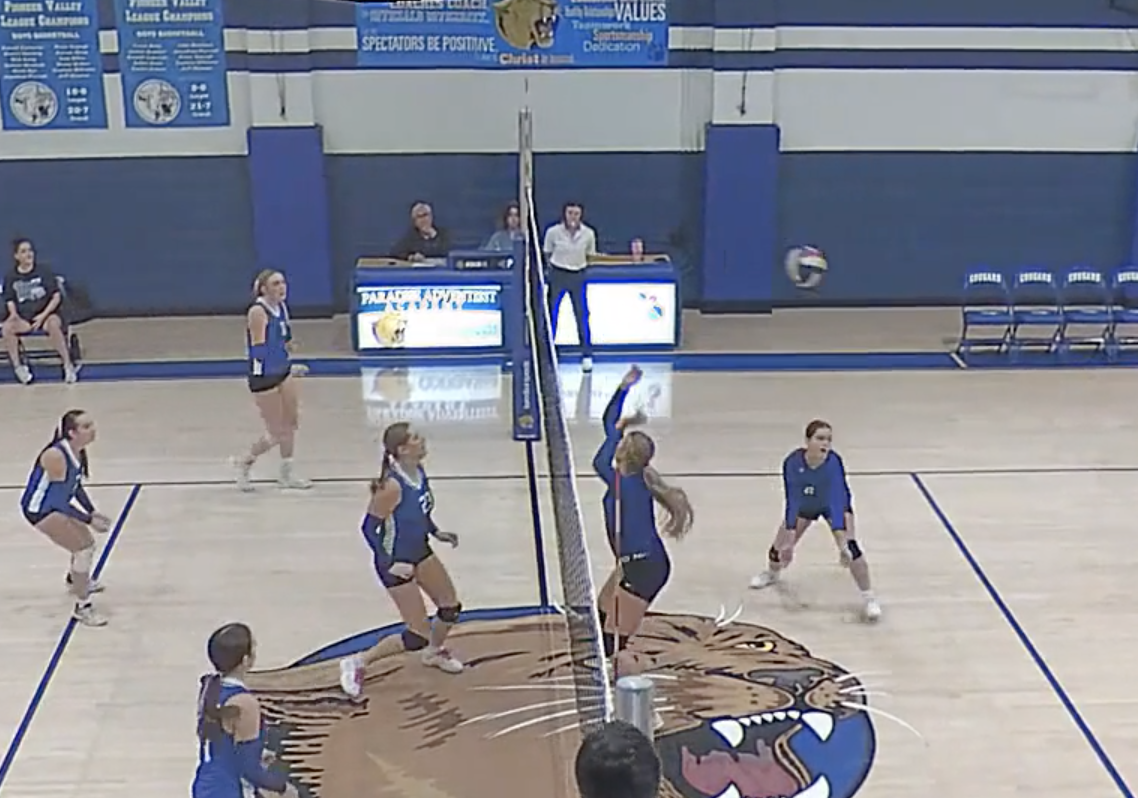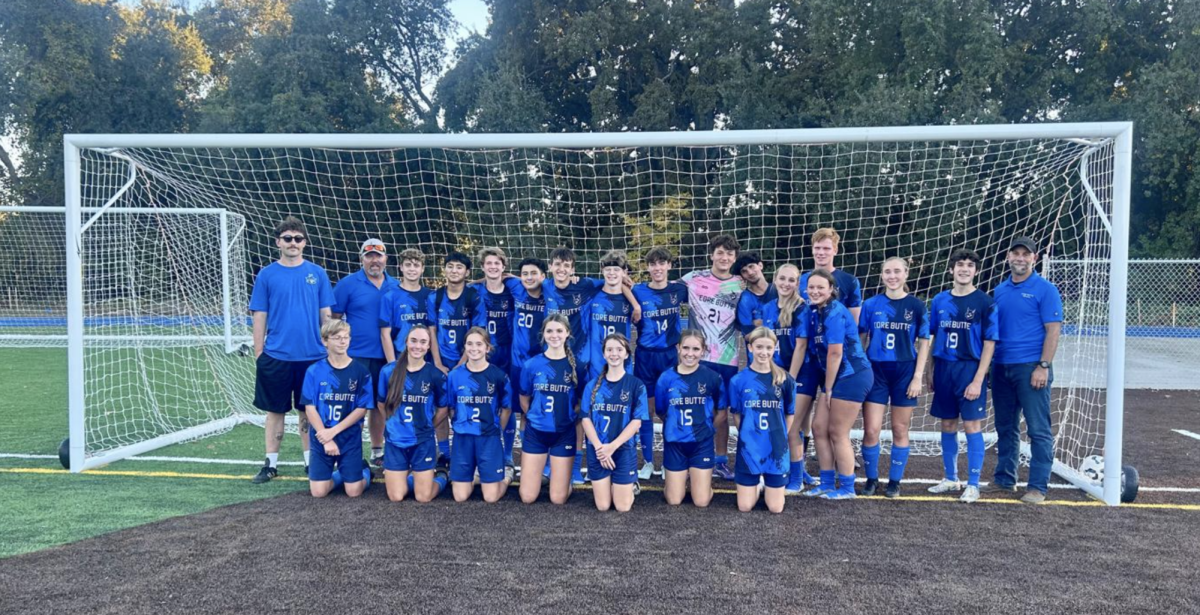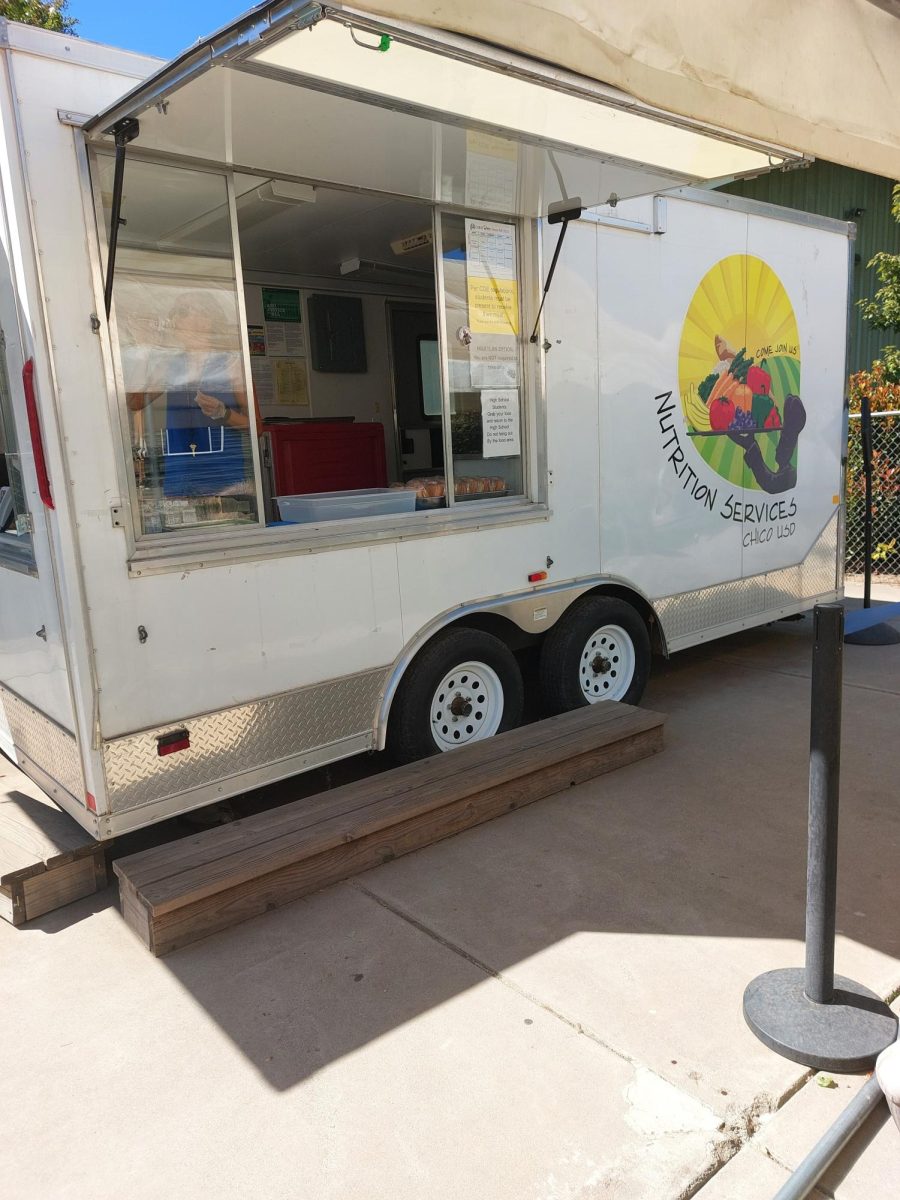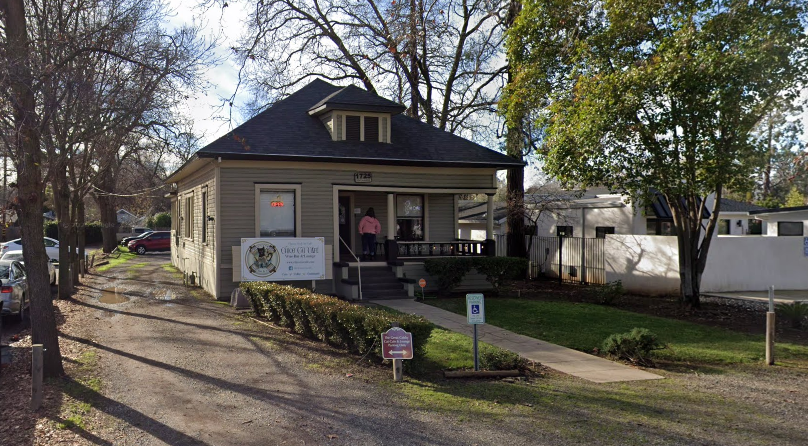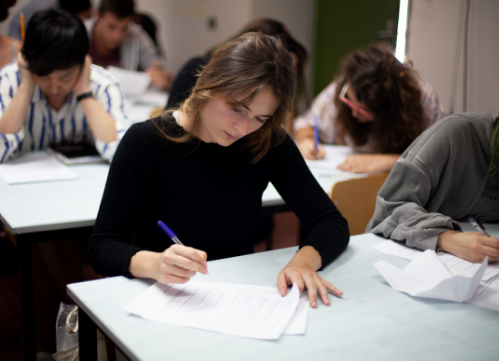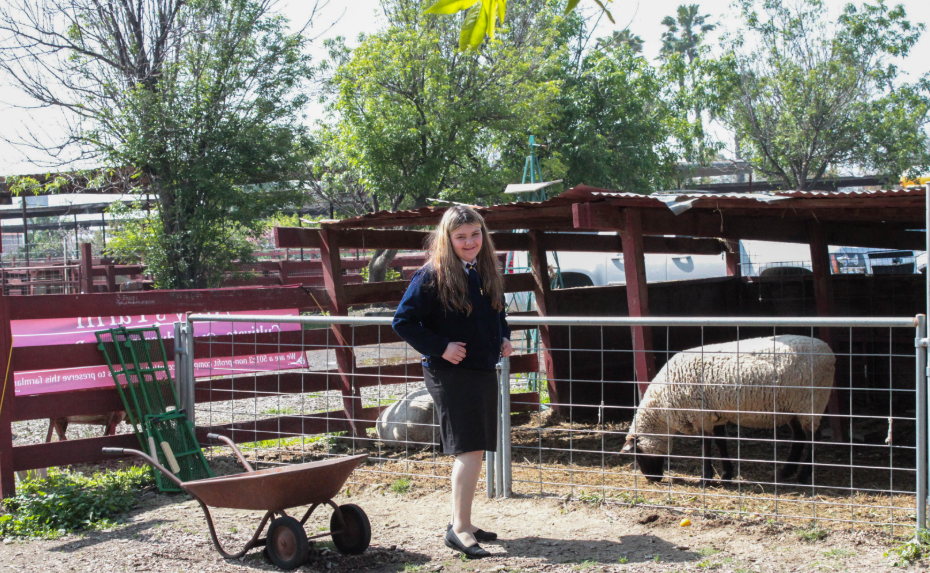For many students, rest doesn’t feel like rest anymore. Even when there’s a moment to slow down, the guilt kicks in.
“I always feel like I should be doing something,” one student (who asked to stay anonymous) said. “If I’m not, then I feel kind of useless, even if I know I need rest.”
The idea of relaxing, of simply being still without checking emails or chipping away at an assignment, has become more complicated than it was when we were younger. In a school culture that often praises productivity over well-being (which is almost unavoidable), students are quietly struggling to balance their mental health with the pressure to always be working.
This feeling isn’t just a personal issue, it’s part of a bigger pattern. Students everywhere are facing growing expectations, from school performance to extracurriculars to planning their future. The constant pressure to “stay ahead” can make rest feel like a weakness instead of a necessary part of life.
Core Butte High School Counselor, Josh Harwood, sees this firsthand and says students don’t need to navigate these feelings alone. “If you’re a teenager and struggling, just talk to an adult,” Harwood said. “They’ve been through everything you’re going through all their life.”
Josh also addressed a common misconception about what success looks like. “There’s a misconception that successful people [in school] just shove their emotions down and get work done,” he explained. “But in reality, they have people who support and help them through the tough times they go through.”
This pressure doesn’t just affect moods, it directly impacts performance. “When anxiety goes up, performance goes down,” Harwood said.
When students feel anxious, their ability to focus, retain information, and manage time can quickly unravel. And yet, rather than giving themselves space to rest and recover, many students feel like slowing down is falling behind.
For some, this creates a cycle that’s hard to break. Rest is avoided because it brings guilt. Guilt leads to stress. And stress makes it even harder to get things done. The result? Burnout.
It doesn’t help that the pace of school often leaves little room to breathe. Students are constantly moving between classes, homework, sports, family responsibilities, and social pressures. The few moments that remain, weekends, nights, or breaks, can feel stolen rather than earned.
And for students who want to succeed, it’s even harder to step away from the grind.
But the reality is, everyone needs rest, including the students trying to keep it all together.
Harwood encourages students to be open about what they’re going through, especially when things start to feel overwhelming. Reaching out to a counselor, teacher, or trusted adult can make a difference.
As students continue to deal with the demands of school and life, acknowledging the pressure, and how it affects mental health, is an important step. Guilt shouldn’t be attached to taking care of yourself.
Even if it feels like the world is constantly moving, it’s okay to slow down.

